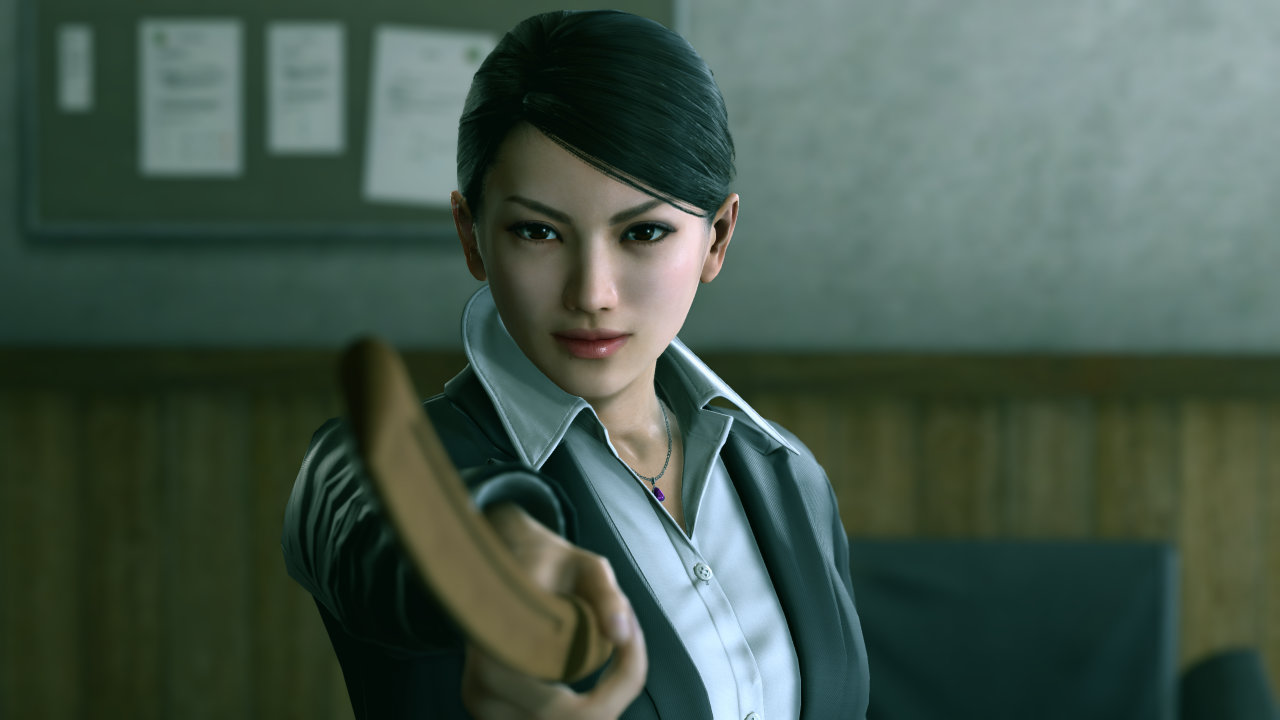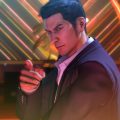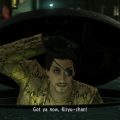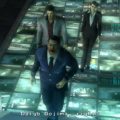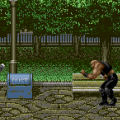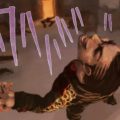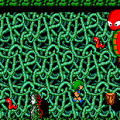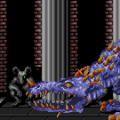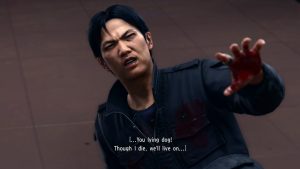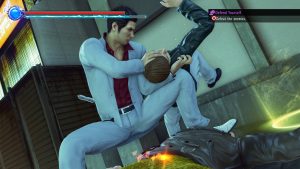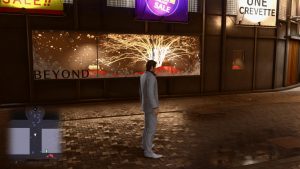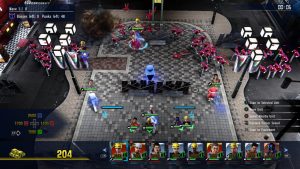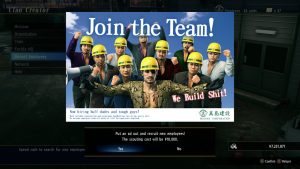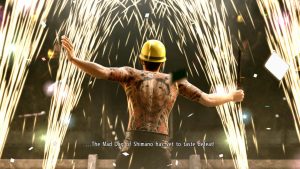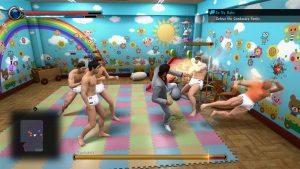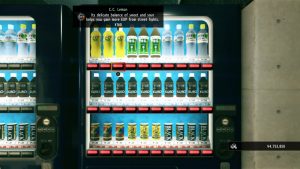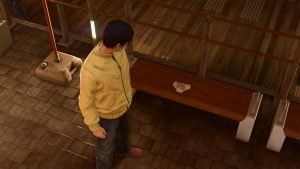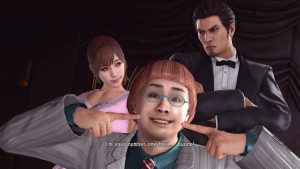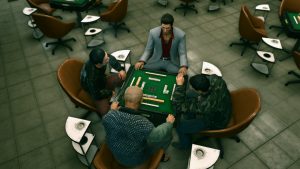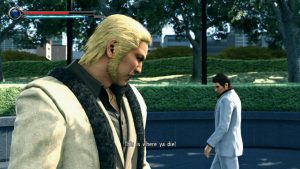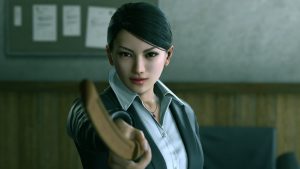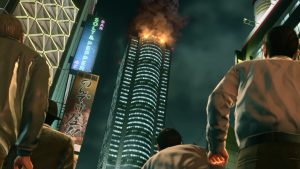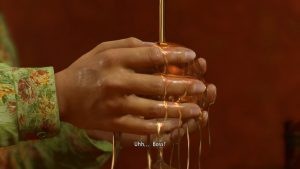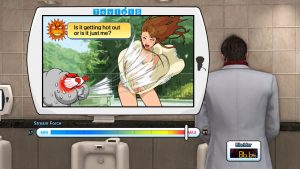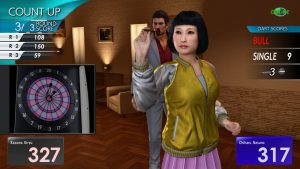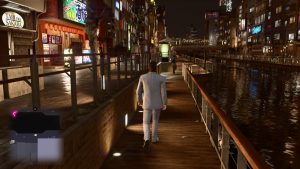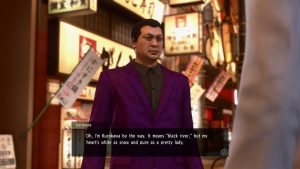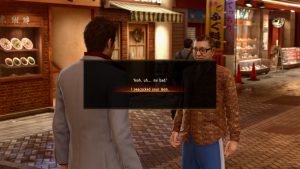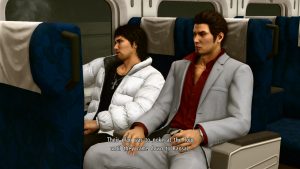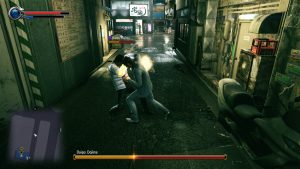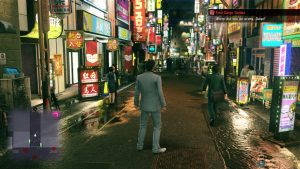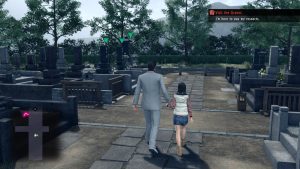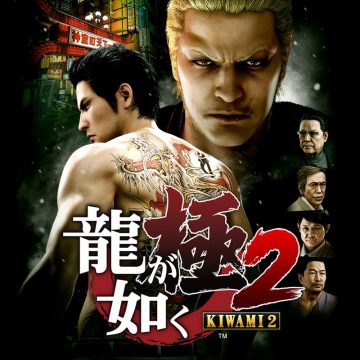
So, Yakuza Kiwami was pretty good, if a bit stuffed, but had the massive advantage of being built on the game that had the best combat in the franchise. Yakuza Kiwami 2, on the other hand, was build on the foundation of the slapstick simulator Yakuza 6 and…is also pretty good! Released a year after, RGG Studio took the time to tighten up and polish some of Yakuza 6‘s bigger issues, so we have a remake of Yakuza 2 on our hands that has not ended up with the sins of the weakest entry of the series. That’s not to say it doesn’t have its issues, though.
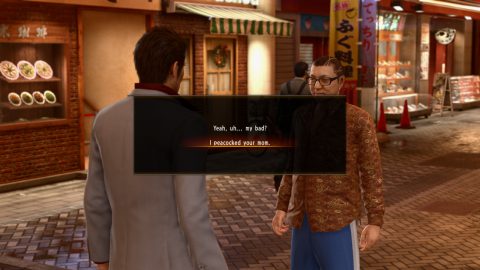
The first weird hiccup is due to RGG Studio trying to show off that there Dragon Engine, which results in some shuffling of the original cast. The recasting itself makes sense, as a few actors from the original game just aren’t working anymore, but what this really means is that RGG wanted some major characters who only appeared in 2 to get the ink suit actor treatment they’ve been doing since Kenzan. For the most part, this works, with some strong casting choices and performances. Funny enough, the best version of this just reuses a previous actor, but now doing face acting through the new tech RGG had on hand, giving Detective Jiro Kawara the face of his actor, Susumu Terajima. His performance is the big stand out of the game, using the remake opportunity to give a more playful take on the shoot first gumshoe who knows more than he lets on. Also, amusingly, Bessho at the Osaka police ends up looking almost exactly the same, because his new actor already looked almost exactly like his original design.
The one weird stickler is long game schemer Ryo Takashima, who’s now played by Hakuryu, an actor with a lot of experience in yakuza crime dramas and direct to video B-flicks. That would be great casting if not for the fact that Hakuryu was born in the 50s, and now Takashima looks like him, despite the character meant to be an up-and-comer youngster. The original script even made a point he had made strong connections in university, a character detail still present in this script. Takashima’s original design is now used for a new antagonist in Majima’s side story, played by the voice of Dio Brando, of all people.
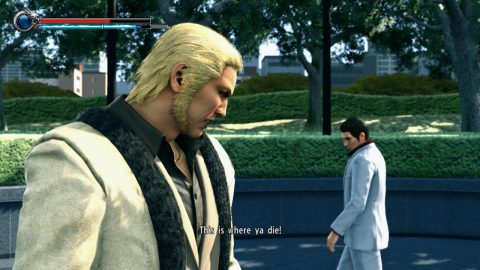
That side story is definitely the strongest new element this remake has going for it. It slowly unlocks chapters as you do the main campaign, and explores what Majima was up to between 1 and 2, and why he left the Tojo. It ends up being a really strong stand alone story that gives Majima some closure from 0, even if the combat if fairly plain. It’s a solid addition that does a lot to justify this remake, and finished the bridge between OG trilogy Majima and Majima as portrayed 4 and on.
The engine switch and higher level of fidelity results in some significant style switching for the environment. A lot of it makes sense, like Sotenbori’s use of mascots and animatronics pushed harder, or updating the Grand’s look to better match 0. Others are odd, notably redesigning the Omi HQ to lose its more modern look for a more traditional classical look, complete with a standard chandelier. These aren’t bad changes, but they do give the game a very different feel, particularly when the Jingweon finally enter the story proper.
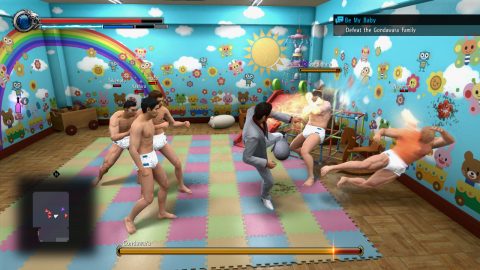
As for gameplay, as you’d expect, it’s built on the foundation of Yakuza 6, but with a ton of tweaks to iron out a lot of that wonkiness. The physics are nowhere near as overpowering giving more control over your movement and actions. The game now feels much closer to classic style control schemes, lacking the depth of 0 or the like, but having its own fun details, like being able to swing enemies around for a big throw in a grapple. The ridiculous amount of heat moves helps keep things fun as well. We also get to keep a gimmick introduced from 2 where you can make friends with some civilians, and they’ll help you in fight if you get into one in their general area.
The leveling system is still borked, though. Food being so broken in delivering experience points continues to ruin any sort of pacing of skill gain, and you’ll find yourself defaulting very quickly to mindlessly raising your base stats very slowly. That does make doing substories and other side stuff for experience less enticing, and the newly added substories don’t really do that well. None of them are particularly bad or anything, but their placement tends to be awkward, particularly one where Date gets scammed by a scummy company selling internet routers. You know, something to be worried about while you’re involved in a terrorism investigation that might involve one of your friends.
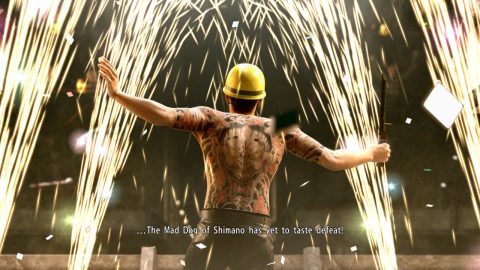
We also see Club Adam and the Marietta completely removed, replaced by Majima construction and cabaret club management. Majima’s construction stuff is all built on clan creator from 6, but now you’re defending a space, which requires more thought and planning that makes it more engaging. The cabaret stuff is just as you remember from 0 with an odd bell or whistle added, fun but what you’d expect. The most exciting thing added is that this is also a direct sequel to Majima’s cabaret management in 0, and fleshes out hostess Yuki into a fun reoccurring character we still see pop up in the Ichiban saga. If you want more combat, there’s also the bouncer missions, side combat challenges with a ton of unique twists. They’re pretty fun, if a bit too numerous, though if you ever wanted to fight an army of goons and three of the Amon clan while a bitchin’ J-Rock song plays, here you go.
The other major focus for this remake also seems to be a final goodbye to Kiryu as his then planned last game, which is why the Amon theme here is so sad, as the last time these two would meet, and why Ryuji is so absurdly strong in the final battle to contrast the glass bones guy from 6. This just makes the game funny in retrospect, as time passed and the team realized that 6 was a really bad final story for Kiryu and having to patch that up a bit (heck, even Jo Amon meets Kiryu again in Infinite Wealth).
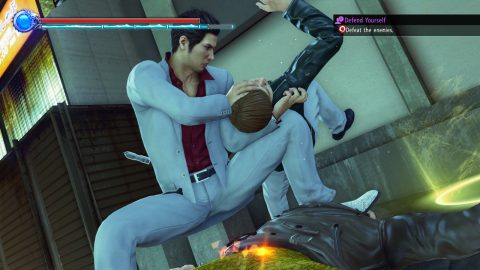
On the topic of music, Kiwami 2‘s soundtrack sounds very different from the original game’s in spots. There’s a surprising amount of direct lifts, especially the presence of Outlaw’s Lullaby, but the boss themes are radically shaken up. Some don’t quite match up to the really memorable tracks of the original, especially the new Jingweon themes, but there is one massive glow up for a character nobody was expecting. Like, Shindo was a character revealed to be a greedy, one-note scumbag who wanted to force a widow to marry him, and his boss theme in this remake goes so hard that it almost outshines the majority of boss themes in the franchise! Why is the guitar so good!?
As a remake it mostly does what it needs to, with odd changes, but it sort of fails on a meta level on justifying the changes Yakuza 6 made to things. You can see RGG agreeing as soon as Judgment a year later, which radically changed a lot of what was set up here, and ultimately for the better. That would go double for the next mainline entry. That said, there would be an RGG project before those, just not on the Dragon Engine. That game would also be a licensed game that just made too much sense for this studio, to the point you wonder why they hadn’t done it before.
